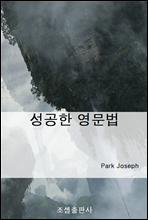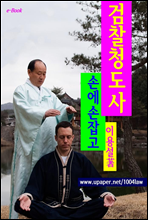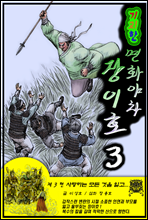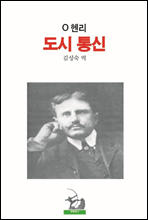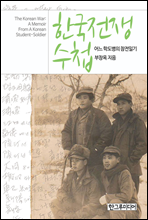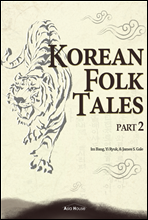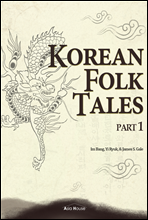
Korean Folk Tales Part 1
- 저자
- RyukYi BangIm 저
- 출판사
- 유페이퍼(개인출판)
- 출판일
- 2012-08-22
- 등록일
- 2017-06-07
- 파일포맷
- EPUB
- 파일크기
- 5MB
- 공급사
- YES24
- 지원기기
- PC PHONE TABLET 웹뷰어 프로그램 수동설치 뷰어프로그램 설치 안내
책소개
조선 중기, 임방과 이륙 선생에 의해 기록된 한국의 옛날 이야기들을 한국을 사랑했던 선교사 James S. Gale에 의해 영어로 다시 옮겨졌습니다. 전우치가 두려워했던 '창 도령,' '물고기가 된 노인' 등의 이야기를 비롯하여 우리에게도 생소하지만 재미있는 우리의 이야기들이 담겨 있습니다.
To any one who would like to look somewhat into the inner soul of the Oriental, and see the peculiar spiritual existences among which he lives, the following stories will serve as true interpreters, born as they are of the three great religions of the Far East, Taoism, Buddhism and Confucianism.
An old manuscript copy of Im Bang's stories came into the hands of the translator, and he gives them now to the Western world that they may serve as introductory essays to the mysteries, and, what many call, absurdities of Asia. Very gruesome indeed, and unlovely, some of them are, but they picture faithfully the conditions under which Im Bang himself, and many past generations of Koreans, have lived.
The thirteen short stories by Yi Ryuk are taken from a reprint of old Korean writings issued in 1911. Three anonymous stories are also added, "The Geomancer," to show how Mother Earth has given anxiety to her chicks of children; "Im, the Hunter," to tell of the actualities that exist in the upper air; and "The Man who lost his Legs," as a sample of Korea's Sinbad.
The biographical notes that accompany the stories are taken very largely from the Kuk-cho In-mul-chi, "Korea's Record of Famous Men."
J. S. GALE.

